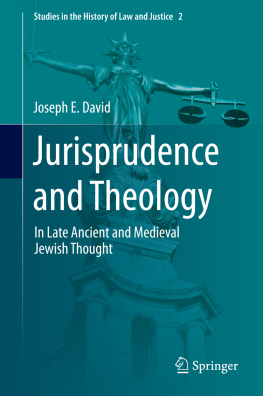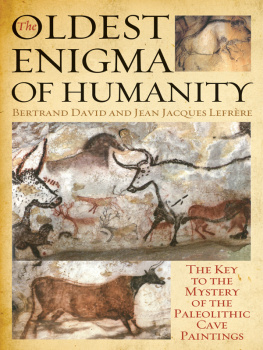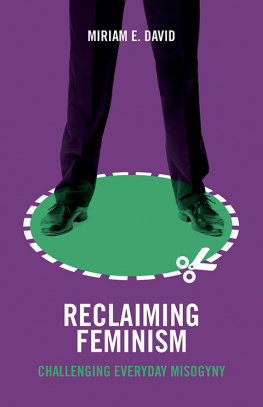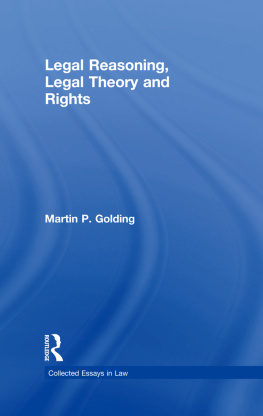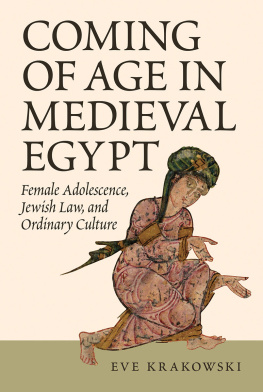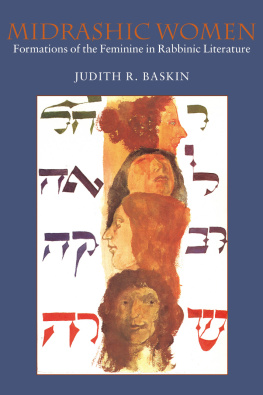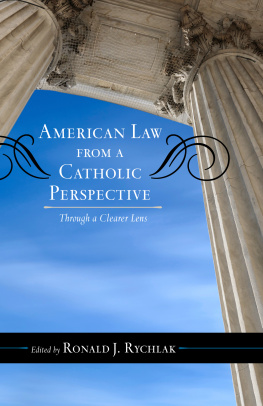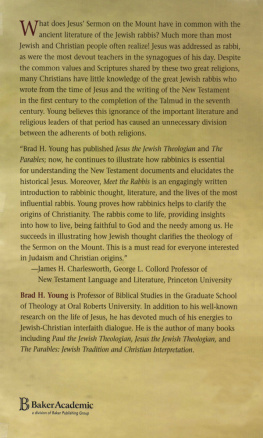Comparative studies of cultures, religions or praxis involve much more than applying a method. They are not just about confronting similarities and underlining differences. Behind such projects is the belief that a comparative perspective would provide both a better understanding of the compared systems and contribute knowledge that would not otherwise be attained. Nevertheless, the nature of the additional knowledge, and the extent to which such knowledge is a unique outcome of the comparative study, are still to be explained. Furthermore, comparative projects also run the risk of being held hostage to biased paradigms, simplistic preconceptions, preoccupations with self-understanding and even unconscious commitments to a political agenda. A comparativist should be alert to hidden traps along the way and anticipate stumbling across them throughout her study.
A comparativist should also be simultaneously mindful of both the inducements of the project and the comparability Our below discussions will address these questions by referring to various topics in which the jurisprudential thought of Jewish, Islamic and Christian legal traditions correspond. Our comparisons of the halakhic thought will vary from Christian to Islamic legal thought according to the issues under discussion. Nevertheless, the proceeding methodological comments refer to Jewish-Islamic comparison only. The same analysis, more or less, is applicable also to Jewish-Christian comparisons.
1.1 The Comparability of Jewish-Islamic Jurisprudence
The comparison of Jewish and Islamic legal traditions has attracted scholars since the very early stages of Oriental studies in Western academies. The Jewish-Islamic comparative perspective has also played a major role in various areas of Islamic studies and consequently shaped the leading scholarly paradigms. Nevertheless, only recently have scholars began to demonstrate sensitivity to the methodologies of these comparative studies.
The intellectual motives that have typically guided such comparative projects can be classified into three distinct categories. The first seeks to discover or locate influences; the order of influence, or other consequential exchanges such as the borrowings or adoptions of ideas between the two legal systems. Underlying the exploration of influences, however, are often aspirations to claim originality or to demonstrate how later ideas and praxis were derived from earlier sources. Such a comparative approach, even when undertaken bona fide , is not free of suspicion concerning its objectivity, viz, that it serves agendas that celebrate the originality and thus the superiority of the source over its descendants. In the case of Islamic studies, such a conception has often been adopted by those who view of the formative period of Islam as best understood by reference to Jewish, Christian and other environmental influences upon the Prophet Muhammad and his believers.
A second motive is related to the nostalgic image of the scholastic environment in which Jewish thinkers and jurists jointly collaborated with their Islamic counterparts. Inspired by the historical image of the Golden Age in which medieval Jewish learning centers in Iraq, Iran, the Maghreb and Andalusia were highly respected and coexisted peacefully under Islamic regimes, the aim of such a perspective is to reaffirm such dignified historical realities and perhaps even encourage similar visions in the present time.
Contrary to the previous motives, the third aim is to increase sensitivity towards essential differences within the compared legal systems and to underline the peculiarities of each. As such, comparison serves as a methodological tool by which particular features of each legal system are revealed. The comparative perspective makes it easier to observe latent and marginal features. A better understanding of both legal systems is achievable through a conceptual analysis of their notions, institutions and practical solutions. While the previous motives focused on the common ground between the two systems, the current comparative perspective, sometimes described as new comparativism, seeks to develop self-understanding and to increase awareness of their essential variations. Such a perspective is indifferent as to whether an actual encounter between the traditions occurred. The comparative method is likely to be an imaginary set-up by which a certain legal system is more clearly reflected. In that respect a comparative perspective might be evaluated as a kind of thought experiment.
In fact, referring to actual encounters and common ground is entirely justified when addressing medieval Jewish and Islamic jurisprudential thought. Moreover, since actual interactions between Jews and Muslims took place on various stages, both deliberately and unconsciously, it would be wrong to avoid descriptions of influence or borrowing. Even a strong commitment to a critical postcolonial approach should not a priori avoid the vocabulary of influence. Such a restriction would artificially limit the investigational scope and thus be unjustified.
Against the above approaches, our following analysis will refer to jurisprudential consciousness as the object of our comparative study and as its source of justification (henceforth: comparative jurisprudence). We will concentrate on the conscious ideas, principles, concepts, beliefs and reasoning that underlie the legal institutions and doctrines. More precisely, we will examine the jurists self-understanding and the ways it reflects the relationship between Jewish and Islamic legal systems.
The comparative jurisprudence approach not only favors jurisprudence as an appropriate lens for comparing legal systems, but also defines jurisprudence with a focus on consciousnessi.e. on the agents internal point of view. In contrast with the common conceptions of law, by either naturalists or positivists, it proposes to consider the perceptions of the law as relevant factors. In terms of historical observations of Jewish and Islamic legal traditions, the organizing questions would go beyond influences or borrowing to inquire how the jurists, judges or law-makers understood their engagements with the corresponding legal system.
1.1.1 What Justifies the Comparison of Jewish and Islamic Legal Systems?
Many of the comparative studies of Jewish-Islamic legal traditions are largely led by curiosity about influences and borrowings, and are not necessarily troubled by wider questions of comparability. In fact, the comparison of Jewish and Islamic legal systems can be justified on various groundshistorical and jurisprudential on the one hand, and perceptional on the other hand.

